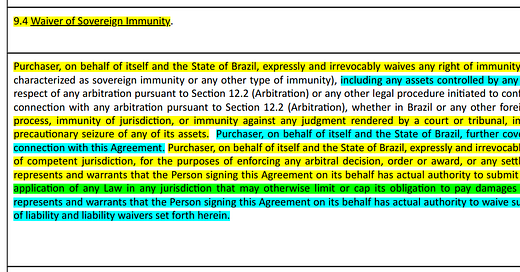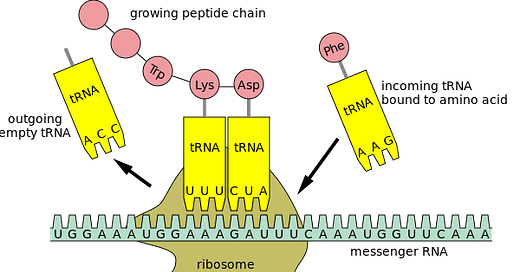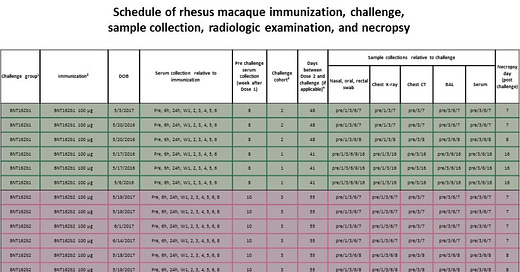mRNA COVID Vaccines Dramatically Increase Endothelial Inflammatory Markers, resulting in a 5 years Acute Coronary Syndrome Risk increase of 227% !!!
A new abstract by Steven R Gundry, from the the International Heart and Lung Institute, Palm Springs, CA, has been published in Circulation Journal (November 16, 2021 Vol 144, Issue Suppl_1).
The Protein Unstable Lesion Signature Test, also known as PULS test, measures the traces of proteins that leak from cardiac lesions in the blood vessel walls. By identifying the presence and levels of these proteins, along with HDL and HbA1c, it provides physicians with valuable information to help determine one’s risk for a heart attack and what steps one need to take to improve your cardiac health.
A total of 566 patients, aged 28 to 97 (with male-female ration of 1:1) who were regularly seen in a preventive cardiology practice has been tested every 3-5 months, for 8 years using the PULS Cardiac Test, which generates a score predicting the 5 yr risk (percentage chance) of a new Acute Coronary Syndrome (ACS).
The advent of the mRNA COVID 19 vaccines a dramatic changes in the PULS score became apparent in most patients. A new PULS test drawn from them 2 to 10 weeks following the 2nd COVID shot. These tests results were compared to the previous PULS score which were performed 3 to 5 months previous to the shot.
Protein biomarkers has shown increased elevations. Here are the examples mentioned in the abstract:
* IL-16, a proinflammatory cytokine, increased from 35= above the norm to 82 =/- 75 above the norm after the vaccination.
* soluble Fas (sFas) , an inducer of apoptosis, increased from 22+/- 15 above the norm to 46=/-24 above the norm after the vaccination
* Hepatocyte Growth Factor (HGF), a marker for chemotaxis of T-cells into epithelium and cardiac tissue, has increased from 42+/-12 above the norm to 86+/-31 above the norm after the vaccination.
These changes resulted in an increase of the PULS score from 11% 5 yr ACS risk to 25% 5 yr Acute Coronary Syndrome risk, and persisted for at least 2.5 months after the second dose of vaccination.
The author concluded with the following statement:
“We conclude that the mRNA vaccines dramatically increase inflammation on the endothelium and T cell infiltration of cardiac muscle and may account for the observations of increased thrombosis, cardiomyopathy, and other vascular events following vaccination.”
Subscribe to Sense of Awareness
The truth shall set you free...








Great share Ehden!
Any word on peer reviewed publication?
Hopefully, they can increase the "N" and publish in the same journal as the abstract.
I plan to reach out to Dr. Steven Gundry about this next week.
The Pulse score increased from 11% ro 25% with a net change of 14%. This is the rate that tentatively can be assumed to apply to a healthy person. The articles abstract says "At the time of this report, these changes persist for at least 2.5 months post second dose of vac.". If the period of elevated risk for ACS within 5ys last 2.5 months then the risk for a healthy person to acquire ACS within these 2.5 months is 0.58% (14*2.5/60). That is a significant number compared to a covid IFR of 0.096% and perhaps a good explanation for these athletes are dropping like flies.
https://www.ukcolumn.org/community/forums/topic/big-list-of-athletes-after-jab/